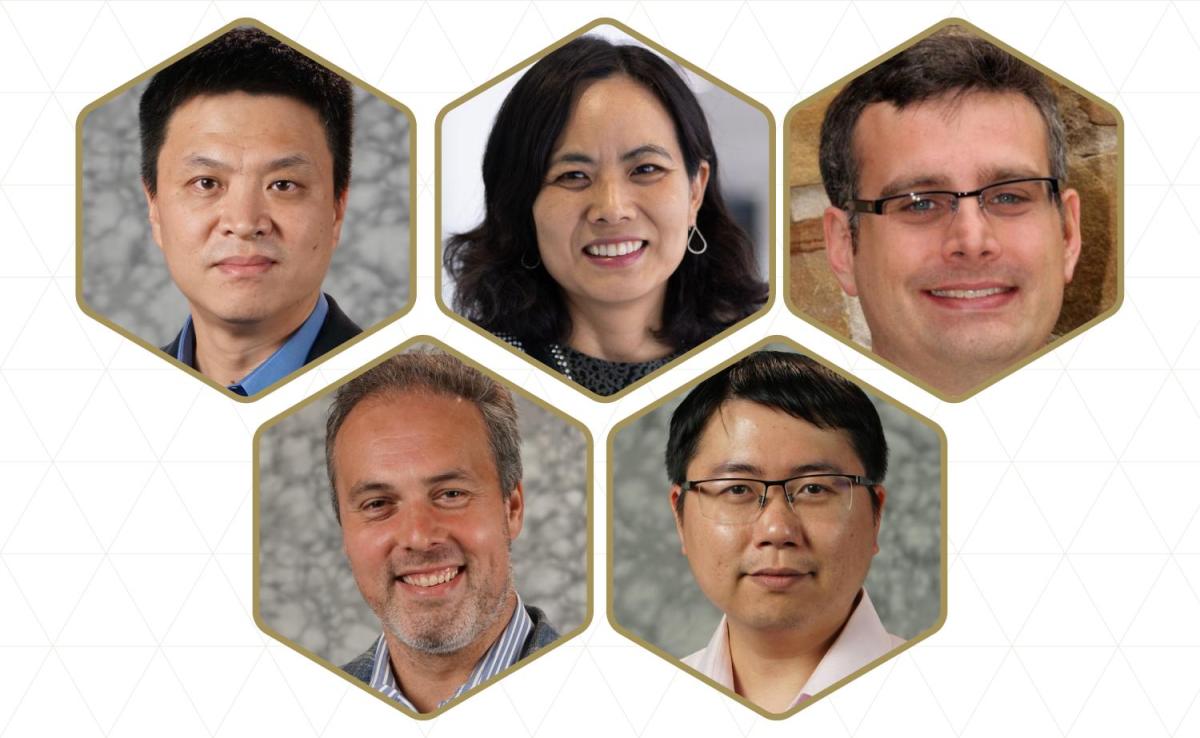
Five members of the Georgia Tech faculty have achieved Fellow status in the Institute of Electrical and Electronics Engineers (IEEE), the world’s largest technical professional organization dedicated to, "advancing technology for the benefit of humanity."
Greg Durgin, Omer Inan, Shimeng Yu, and Fumin Zhang, professors in the School of Electrical and Computer Engineering (ECE), along with Hyesoon Kim, a professor in the School of Computer Science with an adjunct appointment in ECE, have attained the highest echelon of IEEE membership this year, acknowledging their outstanding contributions to their respective fields.
“Year after year, ECE and Georgia Tech consistently add a new cohort of outstanding researchers and educators to the distinguished rank of IEEE Fellow,” said Arijit Raychowdhury, the Steve W. Chaddick School Chair and professor in ECE. “This year's class, in particular, stands as a testament to the remarkable diversity and depth of expertise within our faculty. Thank you to Greg, Hyesoon, Omer, Shimeng, and Fumin for your dedication to research and the development of our students."
The total number of fellows selected by IEEE in any one year cannot exceed one-tenth of one percent of the total voting IEEE membership. A complete list of the Class of 2024 Fellows is available on the IEEE site.
The 2024 Class of Georgia Tech IEEE Fellows
(text and background only visible when logged in)
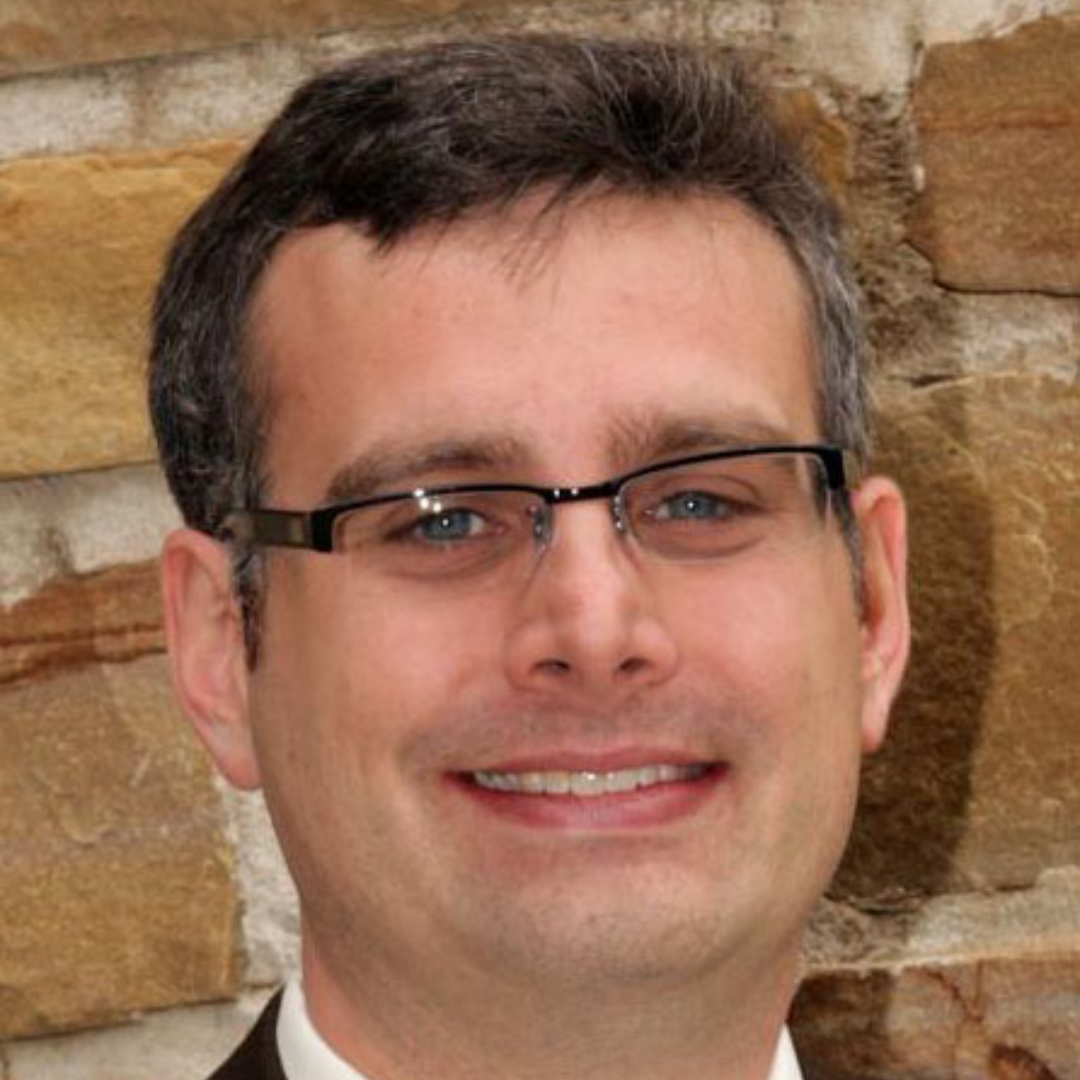
Greg Durgin
Title:
Professor, School of Electrical And Computer Engineering
IEEE Fellow Recognition:
Contributions to the theory of fading in multi-antenna Radio Frequency Identification (RFID) systems.
Research and beyond:
Durgin joined the faculty of Georgia Tech in 2003 and founded the Propagation Group, a research group that studies radiolocation, channel sounding, backscatter radio, RFID, and applied electromagnetics. He is currently the faculty director of ECE’s Opportunity Research Scholars program.
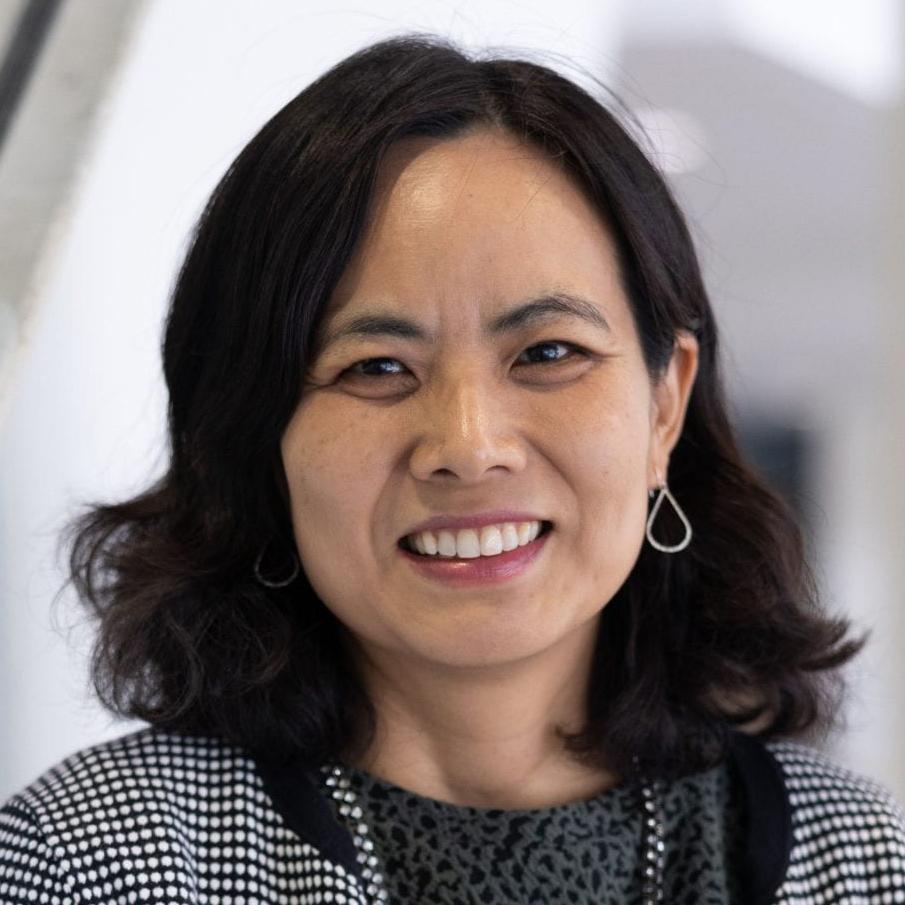
Hyesoon Kim
Title:
Professor, School of Computer Science
Adjunct Professor, School of Electrical And Computer Engineering
IEEE Fellow Recognition:
Contributions to resource modeling and partitioning in heterogeneous computing systems.
Research and beyond:
Focusing on heterogeneous architectures, Kim's research vision is to enable high-performance and energy-efficient computing, with a particular emphasis on central processing units (CPUs), graphics processing units (GPUs), and embedded systems. She joined Georgia Tech in 2007 and directs the High Performance Architecture Lab (HPArch) in the College of Computing.
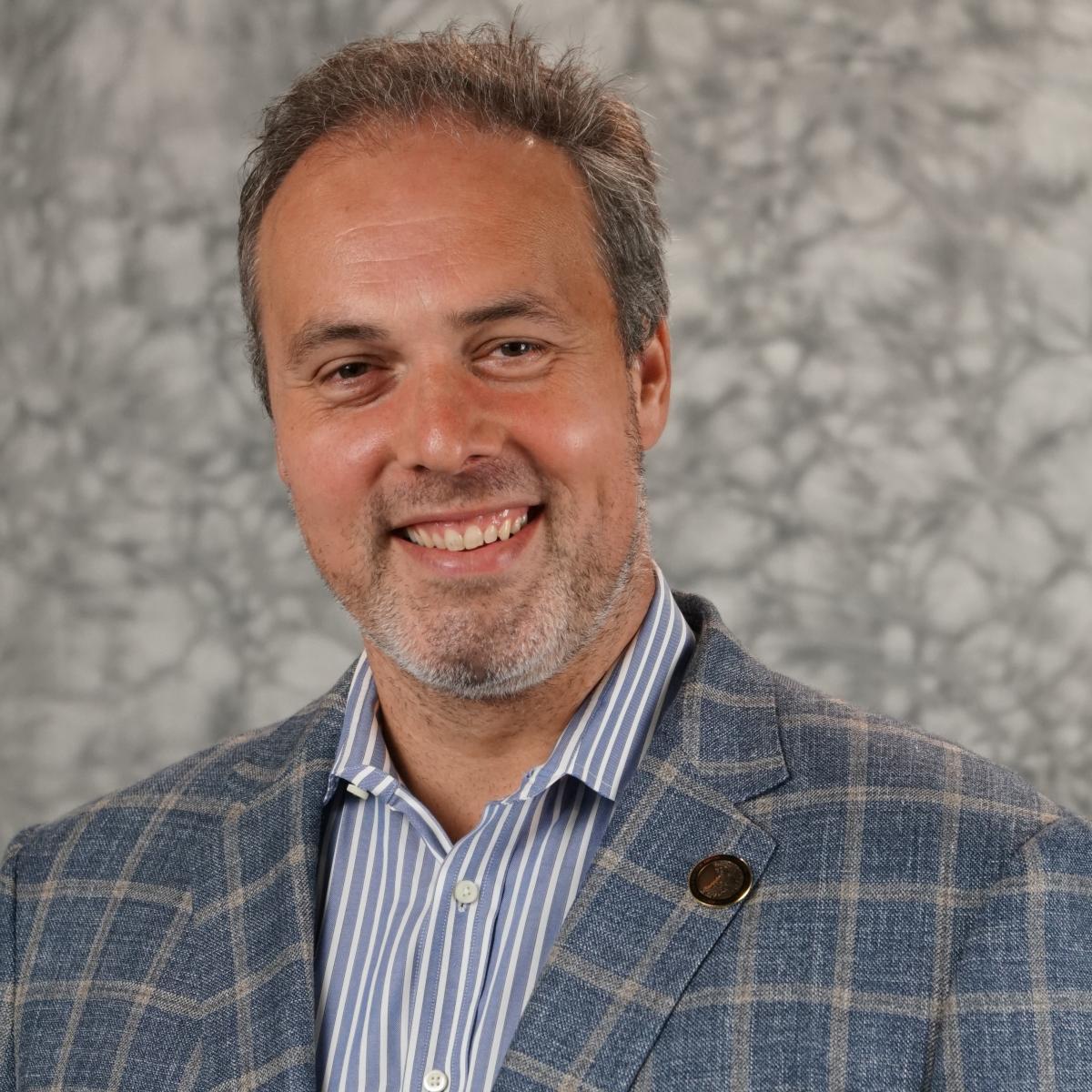
Omer Inan
Title:
Professor and Linda J. and Mark C. Smith Chair in Bioscience and Bioengineering, School Electrical and Computer Engineering
Adjunct Professor, Wallace H. Coulter Department of Biomedical Engineering
IEEE Fellow Recognition:
Contributions to wearable systems for health sensing.
Research and beyond:
Inan joined ECE in 2013 where he directs the Inan Research Lab. His team is interested in designing clinically relevant medical devices and systems, and translating them from the lab to patient care applications. One strong focus of his research is in developing new technologies for monitoring chronic diseases at home, such as heart failure.
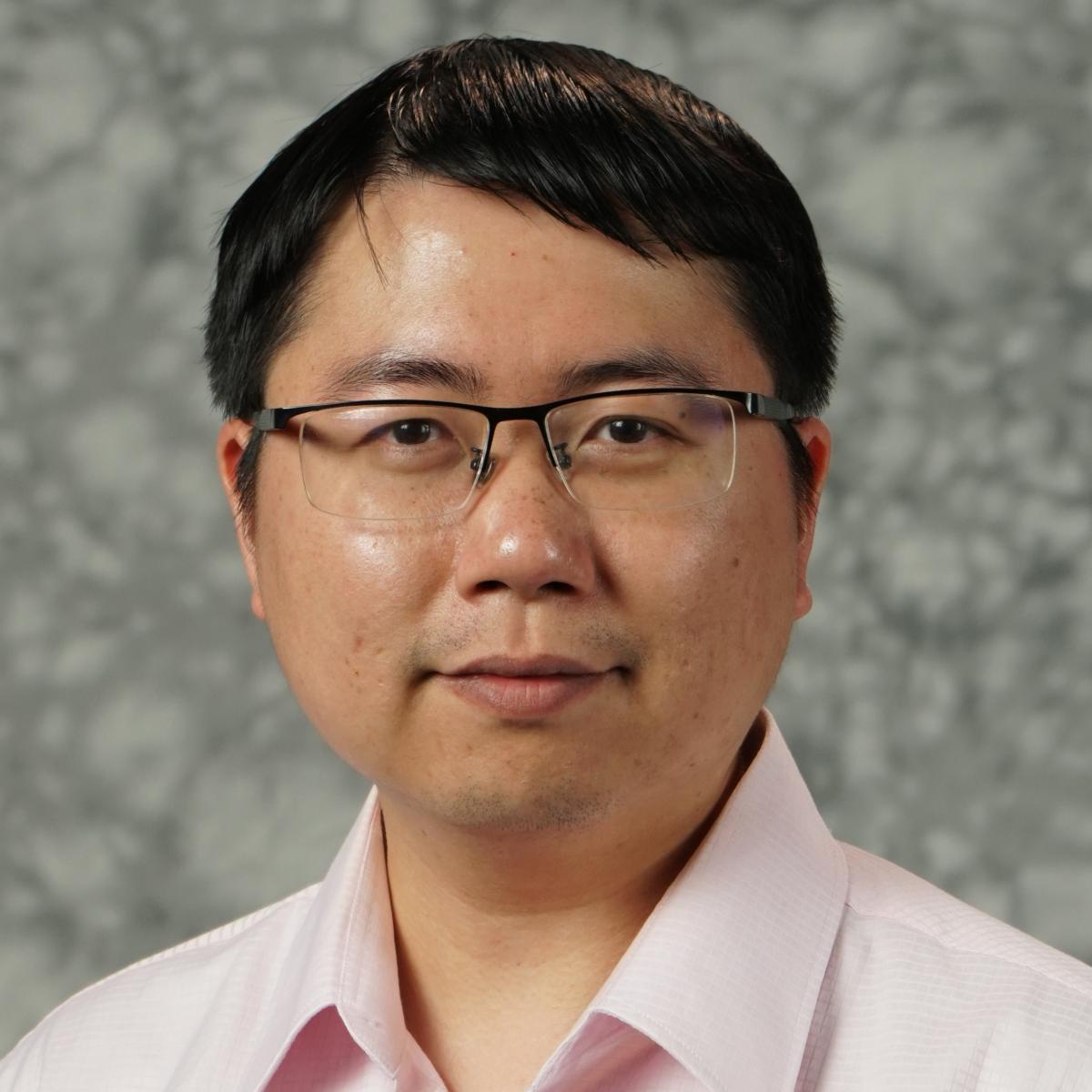
Shimeng Yu
Title:
Professor, School of Electrical And Computer Engineering
IEEE Fellow Recognition:
Contributions to non-volatile memories and in-memory computing.
Research and beyond:
Yu, who joined the ECE faculty in 2018, is generally interested in semiconductor devices and integrated circuits for energy-efficient computing systems. His expertise is on the emerging non-volatile memories for applications such as deep learning accelerator, in-memory computing, and 3D integration. He directs the Laboratory for Emerging Devices and Circuits.
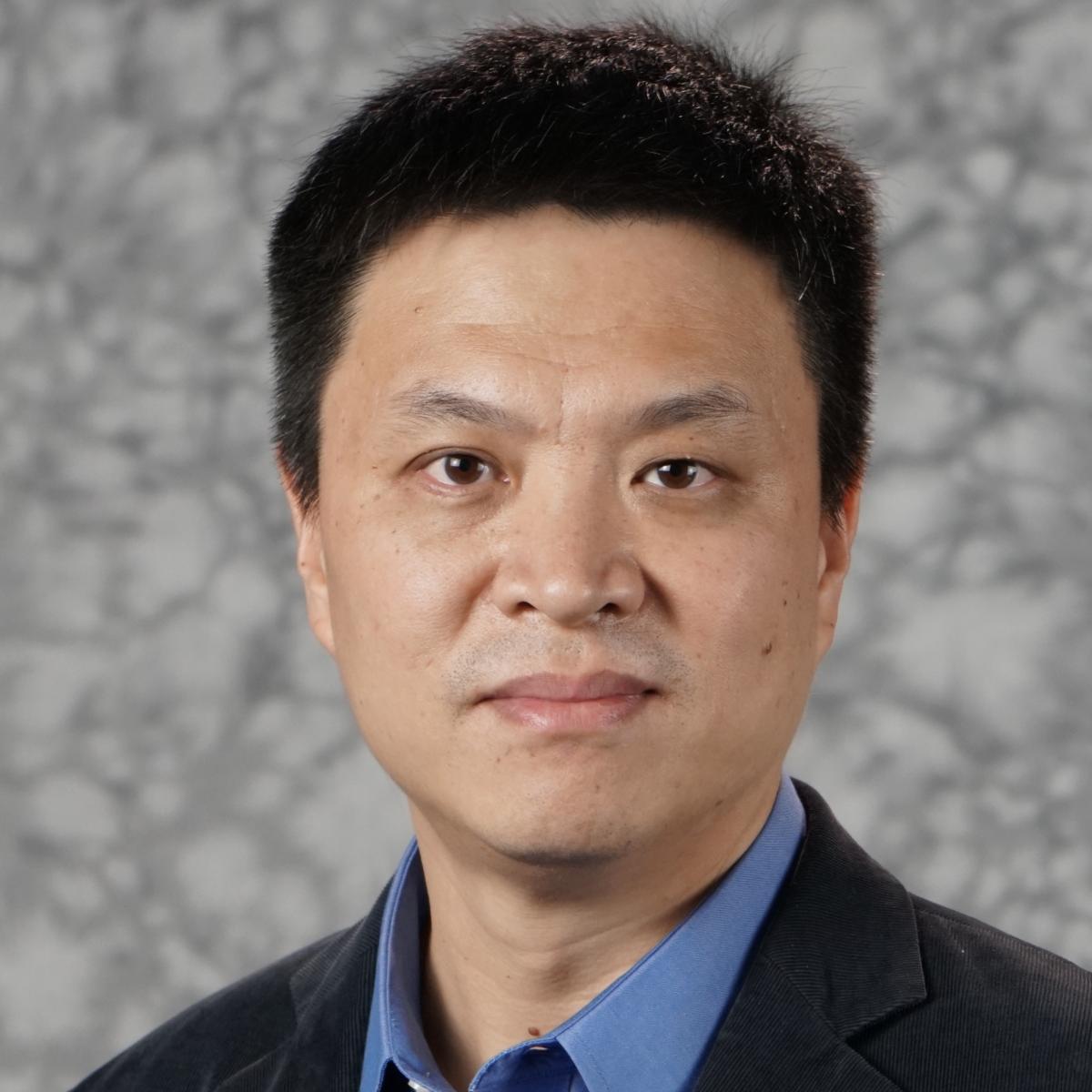
Fumin Zhang
Title:
Professor and Dean's Professorship, School of Electrical And Computer Engineering
IEEE Fellow Recognition:
Contributions to autonomy of robotic sensing networks and control of marine robots.
Research and beyond:
Zhang's Georgia Tech System Research group is actively engaged in bio-inspired autonomy, human-robot interaction, autonomous underwater vehicles, mobile sensing networks, and cyber-physical systems. He joined ECE in 2007 and aspires to develop long term autonomy solutions for swarms of marine robots, aerial vehicles, and satellites to form mobile sensor networks to collect information from land and ocean.
(text and background only visible when logged in)